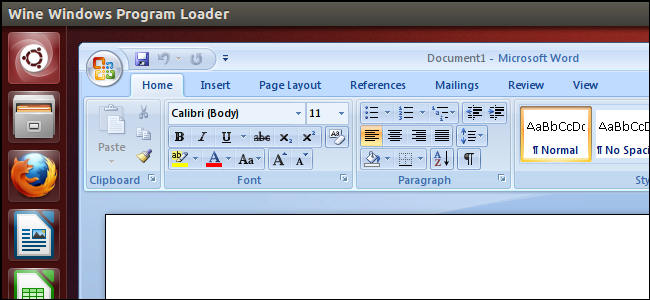

- #Pacifist for mac contents of office installer mac os x#
- #Pacifist for mac contents of office installer install#
- #Pacifist for mac contents of office installer software#
#Pacifist for mac contents of office installer install#
This method is also applicable to OSInstall.mpkg in OSX 10.7-10.9 install media (thus bypassing machine install checks). The USB can now be used to install Snow Leopard on any Mac or Hackintosh (after installing a bootloader).


Modify the OSInstall.mpkg file which is located in the System/Installation/Packages folder on the USB Restore the contents of the Snow Leopard DL-DVD onto a 8GB USB thumb drive with Disk Utility.ģ.
#Pacifist for mac contents of office installer mac os x#
Extract Flat Package Editor.app from the Developer Tools.pkg using Pacifist (the pkg is found on the Mac OS X Install DVD/Optional Installs/Packages)->copied to your Applications folder:Ģ. I found a slightly different method on gc0d3r's blog and tried it for myself on an OEM 10.6.3 Snow Leopard Disk for MBP 6,1 & 6,2.ġ. Var machineCount = hwbeSupportedMachines.length System.log('hwbeInstallCheck threw exception ' + e) Var modelProp = system.sysctl('hw.model') Above it, you will see the following code:

dist is a Javascript file, so you will have to cipher through a junkload of code until you come to a model like PowerMac6,1. Now, right click OSInstall.dist, choose Open With -> Other., and choose TextEdit.
#Pacifist for mac contents of office installer software#
You may, though, want to check the ist files of some bundled software such as AppleWorks to make sure that others don't have the model check, as some packages on my 10.3 disc did.įor 10.4, right-click OSInstall.mpkg and choose Show Package Contents. Delete the whole thing (the key and the model), save the. Near the bottom, there will be something like OSModelCheck that will have a model underneath it (in TextEdit) or beside it (in most other. Now, for 10.3 and earlier, right-click OSInstall.mpkg and choose Show Package Contents. Next, go in the the Installation folder inside the System folder on the image. If you have 10.5 or 10.6, you also will need something to show hidden files, such as TinkerTool, to locate the System folder. This can easily be done by opening Disk Utility, selecting the DVD, clicking New Image, and selecting read/write for the format. For 10.5 and 10.6, you need the Developer Tools (which are on the disc and are not machine specific.)įor all three, you first need to make a read/write image of your disc. In short, there are basically three methods: one for 10.3 and earlier, one for 10.4, and one for 10.5 and 10.6. This guide requires an existing installation of Mac OS X for 10.4 and earlier, you can use any OS X release, but for 10.5 and 10.6 you need 10.5 or higher. Considering it is such an obstacle, and I have been asked this many times, I think it would be worthwhile for this to finally be written down.


 0 kommentar(er)
0 kommentar(er)
